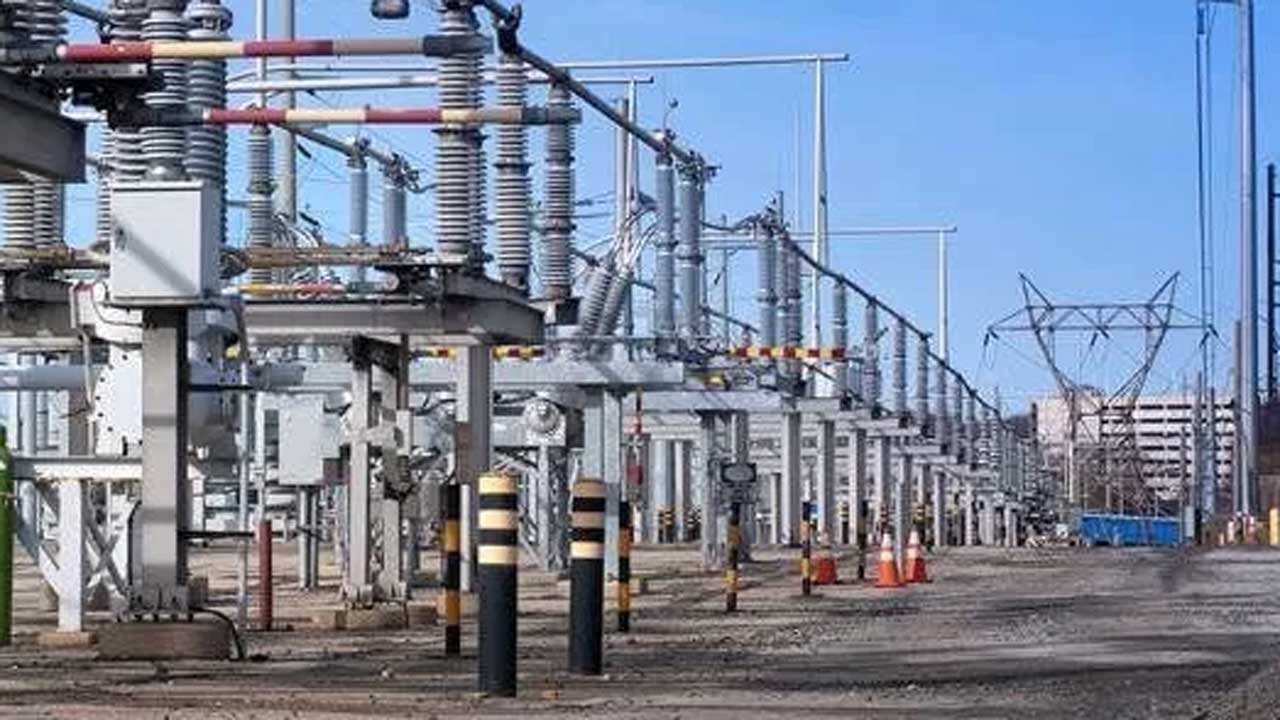
• Stakeholders Say Weak Regulations, Policies Fueling Wastage
• Power Sector Is A Failure, Proscribe NERC, APPA-Okorie
President Muhammadu Buhari and his immediate past Minister of Power, Works and Housing, Babatunde Fashola have been dealt serious knocks for the power sector failure, as well as housing and road infrastructure deficits despite budgetary capital for projects in the last five years exceeding N3t.
In the N8.916t 2019 budget that was recently assented by Buhari, the Federal Government is staking a capital allocation of N408b on the sectors, having sunk N556b in 2018, N554b in 2017, N433b in 2016 and about N60b in 2015, as well as a N701b intervention for the power sector among sundry funds.
Experts, who expressed worry over the nation’s rising debt profile, which currently stands at over N24.387t; the over 90 million people living in abject poverty; the soaring unemployment figure, which stands at 20.9 million, and the rate of inflation, which increased to 11.37 per cent last month, insisted that the failing power sector, poor road network and housing challenges were the key factors that have worsened the standard of living Nigerians, and the country’s dismal economic performance.
While decrying the unabating challenges, they also stated that the scenario was responsible for the nation’s underdevelopment, insecurity, harsh business environment and low productivity, warning that the problem may be compounded against the backdrop of imminent population explosion, and unending rural-urban migration. The country’s population is projected to hit 263 million by 2030.
In the power sector, stakeholders are specifically worried by the failure of the privatisation and government’s continuous spending without meaningful result, despite the nation’s treasury being drained of over N11t by the governments of former presidents Olusegun Obasanjo, Umaru Musa Yar’Adua and Goodluck Jonathan to fund the sector.
To them, the development has ridiculed the objectives of power privatisation as industry players, particularly distribution and generation companies have grossly failed to meet performance agreement signed with the government at the takeoff of the sector’s reform.
Though the budgetary allocations were hampered by poor performance, meaning that funds were not released accordingly, President, Nigeria Institute of Building, Kenneth Nduka; Ikeja branch chairman of the Nigeria Society of Engineers (NSE), Funmi Akingbagbohun; former chairman of the Nigerian Electricity Regulatory Commission (NERC), Sam Amadi; the National President, Association for Public Policy Analysis (APPA), Princewill Okorie; Chief Executive Officer – Oak Homes Limited, Olukayode Olusanya; Executive Secretary of Association of Power Generation Companies (APGC), Dr. Joy Ogaji, and Partner, Nextier Power, Emeka Okpukpara believe that the country is not getting value for the fund going into the sectors.
Even though these sectors require huge investments far beyond budgetary allocations from the Federal Government, the experts noted that funding them without clear-cut regulations and policies, especially a review of the Land Use Act, Power Sector Reform Act and reform of the road sector amounts to pushing current investments into the drain.
While the Council for the Regulation of Engineering in Nigeria (COREN) said the country requires about N3tn to address massive road infrastructure deficit, the World Bank projected that housing deficit requires N59t, even as the Nigeria Energy Forum (NEF) stated that the nation requires about $900b to further develop the sector over the next 30 years.
The experts further noted that only a collaboration between the public and private sector could attract this level of financial commitment, just as they insisted that the current structure and prevailing situations in the country would not pave way for such reality.
According to Akingbagbohun, housing deficit in the country is growing from bad to worse, and the increasing population has continued to upset existing infrastructure and capable of worsening the situation.
“We need an urgent action plan; we need to look into factors constraining investment in housing. Issues like the Land Use Act, the high cost of building materials, rural-urban migration, lack of planning to accommodate population growth have to be addressed,” she said.
Akingbagbohun, who noted that the country is not getting value for budgetary allocations made to the sectors, stressed that the “Federal Government alone can never meet the housing requirement; it needs the private sector. Much of our budgetary allocations to the sector do not all go into housing.”
Nduka shared Akingbagbohun’s view, noting that housing and road challenges were key drivers of the country’s underdevelopment and poor productivity.
Nduka, who decried the nation’s poor budgetary performance, said while there are limited housing and road network, the infrastructure rarely meet global standards, while the ones that are standard are above budget for the average Nigerians.
On his part, Amadi noted that government has no justification to keep investing in the power sector without meaningful results, adding that the key objective of the power sector privatisation was to reduce government’s spending on the sector and allow the private sector drive the growth.
“Interestingly the reason we privatise and even reformed the electricity sector was to free government from excessive spending on the electricity sector. If we are spending more as we are doing now, then the reform has failed,” he said, adding that government sold the assets to entities that have no capacity to finance recovery and expansion of capacity.
“We have to admit failure when we see it. The reform has failed substantially. The objective is correct, but the model and implementation have gone wrong. We need a fundamental reset,” Amadi said.
Ogaji is of the view that the sectors, especially the power sector were heading in the wrong direction and would eventually collapse if urgent actions are not taken.
She admitted that the power sector was designed to sustain itself but became a burden because the Federal Government failed to implement policies and enforce regulations that would set the sector on the right track.



